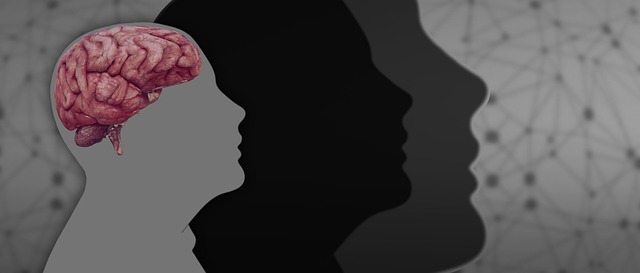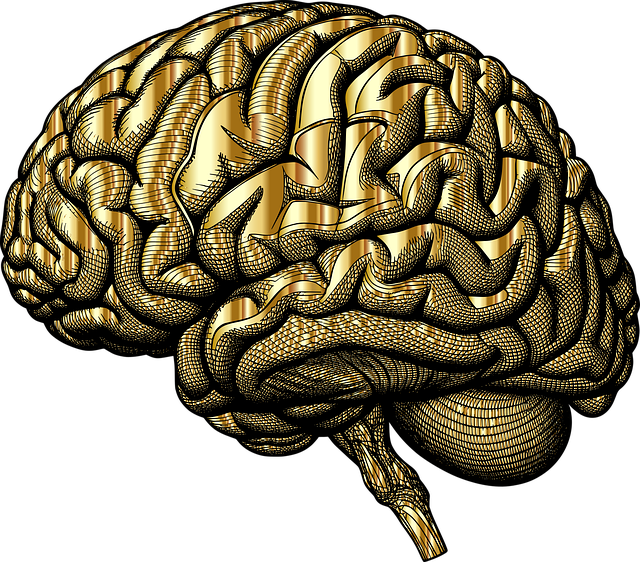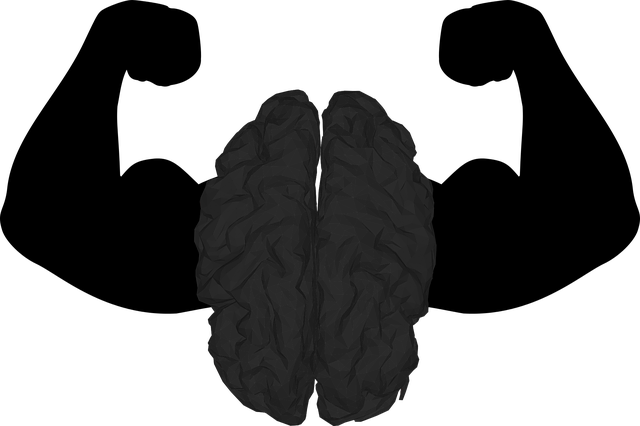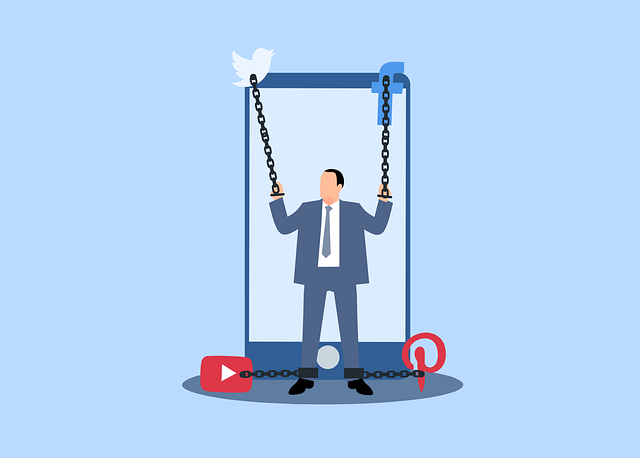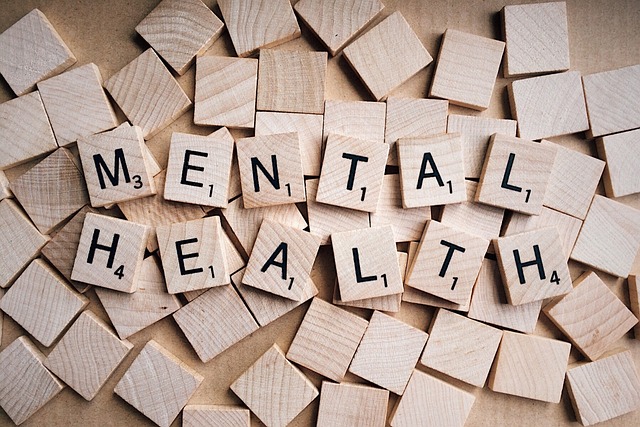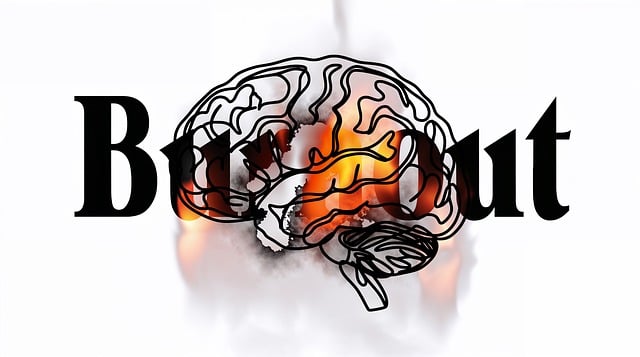Elder abuse, often overlooked, manifests physically, emotionally, and financially, causing severe mental health issues. Recognizing power imbalances is key to understanding this hidden problem. Therapy for elders abuse survivors, focusing on conflict resolution, emotional intelligence, stress management, and evidence-based practices like TF-CBT or EMDR, is crucial for healing trauma, improving communication, building resilience, and rebuilding lives. Mental health advocacy through public speaking, community programs, and support groups destigmatizes mental health conversations, encourages access to necessary support, and serves as a protective measure by educating the public on recognizing warning signs of elder abuse.
Mental health advocacy plays a pivotal role in addressing the profound impact of elder abuse, a hidden crisis with severe consequences. This article delves into the essential aspects of understanding and supporting survivors, focusing on effective therapy strategies tailored for their unique needs. By exploring the power of mental health advocacy, we uncover innovative approaches to healing and empowerment, aiming to provide a comprehensive guide for those dedicated to implementing support systems for elders abuse survivors, ensuring access to quality therapy for elders abuse survivors.
- Understanding the Impact of Elder Abuse and Its Survivors
- The Role of Mental Health Advocacy in Support
- Implementing Effective Therapy Strategies for Elders Abuse Survivors
Understanding the Impact of Elder Abuse and Its Survivors

Elder abuse is a pervasive issue that often goes unnoticed, causing significant mental health consequences for survivors. It encompasses various forms, including physical, emotional, and financial mistreatment, neglect, and exploitation. The impact on victims’ well-being is profound, leading to increased stress, anxiety, depression, and even post-traumatic stress disorder (PTSD). Many elderly individuals, out of fear or shame, may not report these abuses, making it crucial for advocates to raise awareness and offer support.
Understanding the dynamics of elder abuse requires recognizing power imbalances and the unique challenges faced by both abusers and survivors. Therapy for elders abuse survivors can play a pivotal role in healing and rebuilding their lives. Techniques such as conflict resolution and emotional intelligence training empower victims to process trauma, improve communication, and develop coping strategies. Additionally, stress management practices are essential tools to help them navigate the aftermath of abuse and foster resilience.
The Role of Mental Health Advocacy in Support

Mental health advocacy plays a pivotal role in supporting and uplifting those who have endured elder abuse, offering them a lifeline to recovery and healing. Advocacy initiatives provide a platform for survivors to share their stories, raise awareness about the prevalence of elder abuse, and challenge societal norms that may have contributed to their traumatic experiences. Through public speaking, community outreach programs, and support groups, survivors can gain a sense of empowerment and agency, crucial aspects in their journey towards therapy and self-care.
These advocacy efforts also serve as a safety net for potential victims by educating the public about warning signs and risk factors associated with elder abuse. By fostering open conversations about mental health, advocates contribute to the destigmatization process, encouraging individuals to seek necessary support, including specialized therapy for elders abuse survivors. Additionally, initiatives promote self-care routine development, burnout prevention strategies for healthcare providers involved in these cases, and self-awareness exercises to help survivors navigate their emotional landscapes, ultimately enhancing their overall well-being.
Implementing Effective Therapy Strategies for Elders Abuse Survivors

Implementing effective therapy strategies for elders abuse survivors requires a nuanced approach that accounts for both the unique challenges faced by this population and the cultural sensitivity inherent in mental healthcare practice. Many elderly abuse victims may have experienced intergenerational trauma, making it crucial for therapists to employ evidence-based practices such as trauma-focused cognitive behavioral therapy (TF-CBT) or eye movement desensitization and reprocessing (EMDR). These therapies help individuals process and overcome past traumas, fostering healing and resilience.
Moreover, incorporating compassion cultivation practices and conflict resolution techniques can significantly enhance the therapeutic experience for elders abuse survivors. Compassion, both within the therapist-client relationship and in the client’s self-perception, is vital for building trust and encouraging open communication. Conflict resolution techniques, meanwhile, equip survivors with valuable coping mechanisms to navigate interpersonal challenges, promoting a sense of safety and empowerment as they rebuild their lives.
Mental health advocacy plays a pivotal role in supporting survivors of elder abuse, offering them much-needed resources and a voice. By understanding the profound impact of such abuse, we can implement effective therapy strategies tailored to elders’ unique needs. These initiatives ensure that survivors receive comprehensive care, fostering their healing journey towards a brighter future. Advocating for mental health awareness and specialized treatment for Therapy for Elders Abuse Survivors is essential in building a more compassionate and supportive society.




